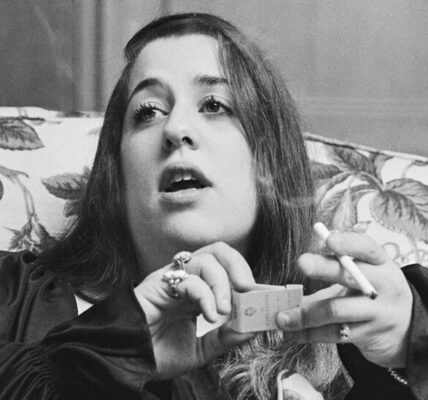But the eight episodes are not unlike the installments of an autobiographical, auteurist sitcom. Carmichael, as producer of the show and his life, gives each one a theme, sometimes setting up situations for himself that impel conflict.
In one episode, Carmichael brings his boyfriend home to North Carolina to meet family; in another, the couple try an open relationship. Carmichael takes his father on a road trip, eventually raising a conversation about Joe’s infidelities. The last episode brings his mother — the final boss of his emotional challenge — to visit him in New York and talk through her feelings about his sexuality, and his feelings about her feelings.
Carmichael has gotten his relatives on camera before, in a pair of 2019 HBO short documentaries. In “Home Videos,” he talked to women in his family about topics ranging from the sexualization of Black women’s bodies to R. Kelly’s scandals. “Sermon on the Mount” focused on the social expectations of men in general and Black men in particular, circling back, inevitably, to his father.
Both films are more outward-directed than “Reality Show,” with Carmichael taking the role of interviewer or staying off camera altogether. But at times, it feels like he is testing the waters. In “Home Videos,” Carmichael asks his mother whether she’s ever been attracted to women and adds, “I’ve hooked up with dudes before.” She laughs and says, “That’s your option. That’s not mine.”
In “Home Videos,” Carmichael lets the moment pass. In “Reality Show,” he presses, giving no one an out, including himself. The series culminates in his mother’s visit, a moving, complex interaction that finds him balancing the desire to confront her about how she’s hurt him with the yearning to reconnect.
There is, of course, a power dynamic in the series; the cameras answer only to Carmichael. (This is underscored by the meta conversations he has with an anonymous friend, who will only agree to be filmed masked and with his voice distorted.) As Carmichael tells it, the “impulse to record” is a prod to keep himself honest — “I’m trying to self–‘Truman Show’ myself’” — and a way to equalize the emotional sway that family holds over you, no matter how much money you make or how many awards you win.




